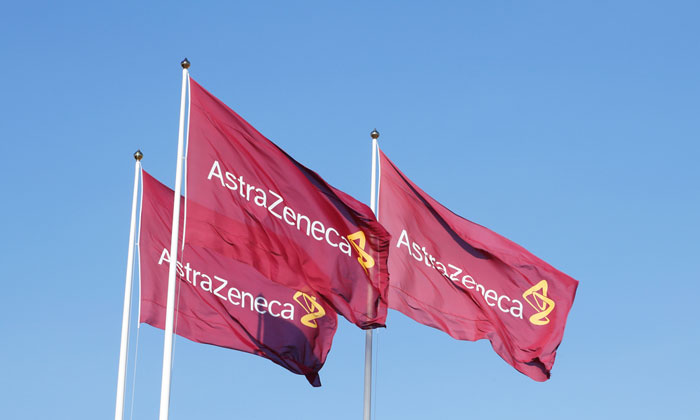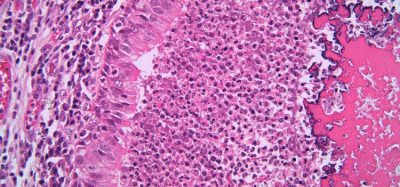AstraZeneca investment to increase biologic capacity in Sweden
Posted: 27 August 2024 | Catherine Eckford (European Pharmaceutical Review) | No comments yet
The planned expansion is set to strengthen AstraZeneca’s capability to manufacture biologic medicines for patients globally.


Credit: Roland Magnusson / Shutterstock.com
AstraZeneca has announced the largest single investment in its Sweden Biomanufacturing Center in Södertälje, since the facility opened in 2021.
The additional $135 million investment will increase the biopharmaceutical facility area by 50 percent.
An existing building within AstraZeneca in Södertälje is set to be expanded by 2,700m2, the company explained.
Notably, the financing will enable “installation of new equipment for filling biological drugs into prefilled syringes”, AstraZeneca noted.
Increasing capacity at the Sweden Biomanufacturing Center
The additional $135 million investment will increase the biopharmaceutical facility area [of AstraZeneca’s Sweden Biomanufacturing Center] by 50 percent”
The company shared that the Sweden Biomanufacturing Center utilises innovative technologies with the goal to address “the rapidly growing share of biological medicines and the need for increased internal production capacity”.
“The planned expansion will strengthen our ability to deliver high-quality, life-changing medicines to patients worldwide,” commented Per Alfredsson, CEO of AstraZeneca AB and Senior Vice President for Global Biologics Operations.
AstraZeneca added that this additional investment at the Sweden Biomanufacturing Center will produce new jobs, thus supporting economic growth in the region.
“We are happy about this investment in Södertälje, which demonstrates AstraZeneca’s commitment to innovation and manufacturing of biological medicines in Sweden”, Alfredsson continued.
Manufacturing of the biologic products in the expanded Sweden Biomanufacturing Center is planned to begin from Q4 of 2027, according to AstraZeneca.
AstraZeneca’s biologic investment
The pharmaceutical firm shared that currently, over half of its research projects are for biological drugs.
Promising data for AstraZeneca’s biologic immunotherapy drug IMFINZI® (durvalumab), released in June, demonstrated survival benefit for lung cancer. The findings were based on interim analysis findings from the Phase III ADRIATIC trial.
Importantly, “Durvalumab is the first systemic treatment to show improved survival for [limited-stage small cell lung cancer] patients in decades and should become a new standard of care in this setting,” Dr David Spigel, Chief Scientific Officer at Sarah Cannon Research Institute and investigator in the trial stated at the time.
Related topics
Big Pharma, Biologics, Biopharmaceuticals, Drug Manufacturing, Industry Insight, Manufacturing, Production, Research & Development (R&D), Technology, Therapeutics









